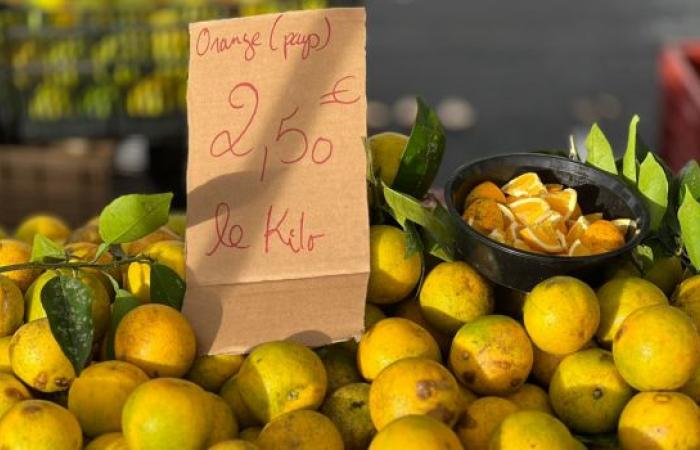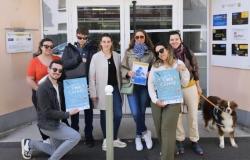Clementine, mandarin, lemon or even tangor, pei citrus fruits have been displaying market stalls for several days. Good news for consumers but it is also the time when imported citrus fruits are offered for sale in supermarkets.
Juicy, colorful, fragrant, full of sunshine, the Reunion citrus season has been open for several days.
Very often, those which are offered for sale are harvested the day before to be sold the same day, unlike citrus fruits which return to the island, “coated with product, locked in treatment rooms to preserve them”, launches Frédéric Vienne, President of the Chamber of Agriculture.
The 2024 citrus season looks positive, ““Local production is quite good this year”underlines the president of the green chamber.
Local products VS imported products: an eternal battle
Quality is sometimes not enough for the consumer and his wallet. If the prices of citrus fruits vary on average between 2 and 2.50 euros in the different markets of the island, local producers have to deal with imported lemons, oranges or even clementines.
For example: at the Saint-André street market, a kilo of lemon was offered at the beginning of the month at 2.50 euros. A large supermarket is offering a kilo of yellow lemon from South Africa for 1.99 euros.
Another product: oranges. In another store, the 1.5 kg orange fillet, Valencia category 1, costs 2.45 euros (or 1.63 euros per kilo). At the Saint-André market, a kilo of orange was 2.50 euros.
Thus, the competition between local products and imported products is repeated again and again at the start of each citrus season in Reunion. Frédéric Vienne, president of the Chamber of Agriculture, also denounces “u“unfair competition”. “Farmers spoke out on the subject at the start of the year in various demonstrations and unfortunately we were not heard by major retailers“According to him, the signs “take advantage of the citrus season to import more, which disrupts the market with farmers.”
Faced with such a price difference, local producers are forced to also lower the price of products to be able to sell the goods. “There are products at less than one euro per kilo with production conditions that we do not know in these countries and the famous carbon cost highlighted today. I hope that the consumer will be able to make their choice and favor local production,” he adds.






